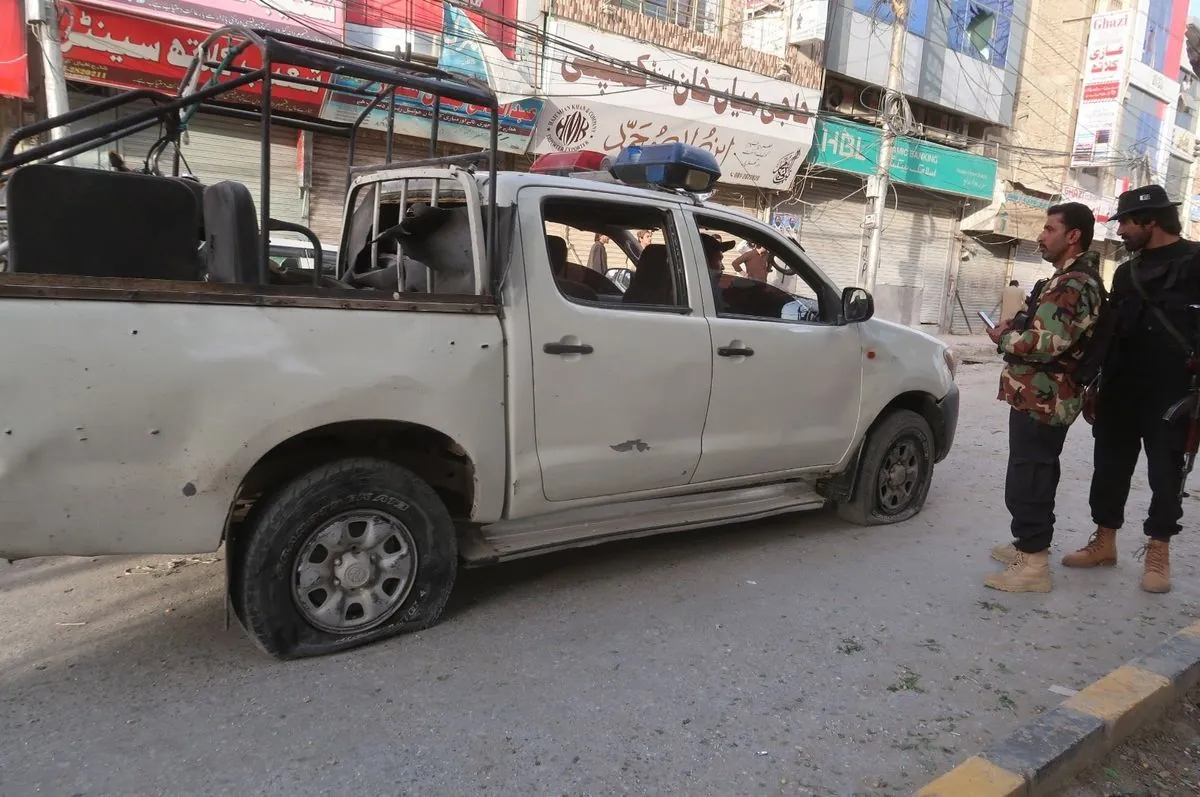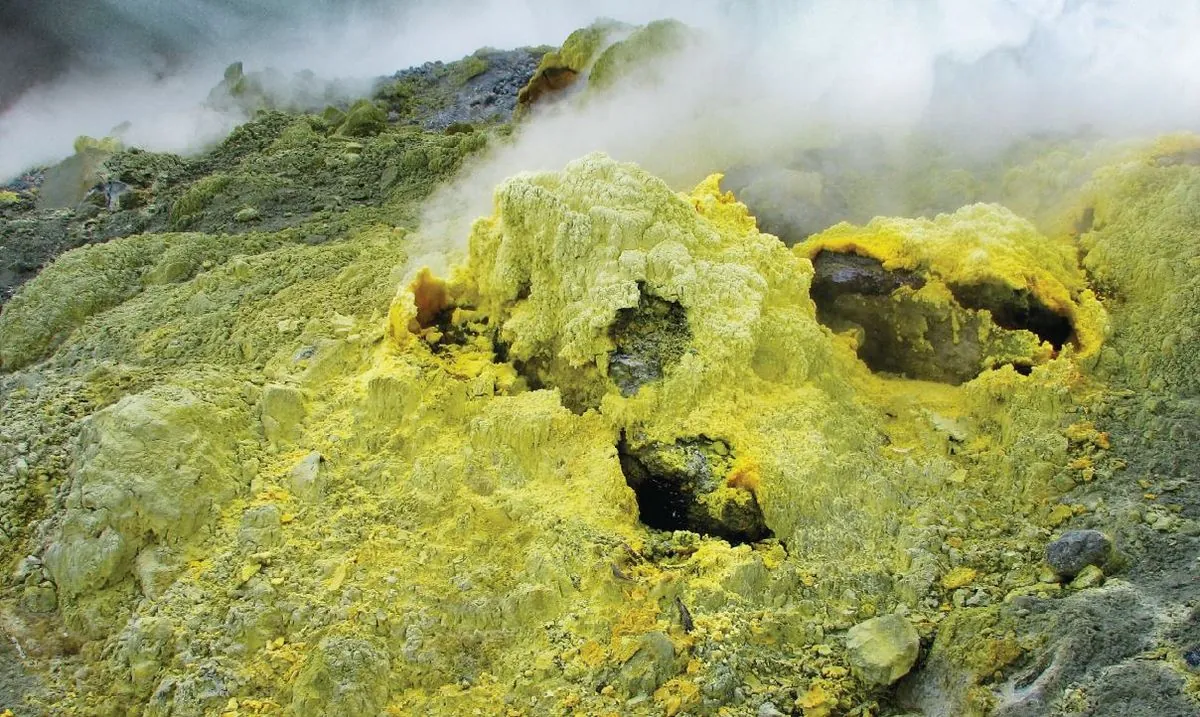IS Claims Deadly Police Attack in Balochistan, Signaling Militant Cooperation
Islamic State takes responsibility for a bombing in southwestern Pakistan that killed two police officers. Experts suggest increasing coordination between Islamic militants and separatists in the region.

In a recent development, the Islamic State (IS) has claimed responsibility for a bombing in Balochistan, Pakistan's largest province by land area. The attack, which occurred two days ago, resulted in the deaths of two police officials and left two others injured on a highway near Quetta, the provincial capital.
The incident took place in Kuchlak town, situated close to Quetta, which has a population of approximately one million. This attack is the latest in a series of violent events that have plagued the region, known for its rich natural resources including oil, gas, coal, and minerals.
Abdullah Khan, managing director of the Islamabad-based Pakistan Institute for Conflict and Security Studies, suggests that this incident indicates growing cooperation between Islamic militants and separatist groups in Balochistan. This collaboration poses a significant challenge to security forces and civilians in the province, which shares borders with Iran and Afghanistan.

The Balochistan Liberation Army (BLA), founded in 2000, has been responsible for numerous attacks in the region. Last month, the group carried out several deadly assaults on passenger buses, police stations, and military facilities, resulting in dozens of casualties.
Balochistan has been the site of a long-running insurgency, with various separatist groups demanding independence from the central government. The province has a distinct ethnic and cultural identity, with the Baloch people maintaining a strong sense of autonomy.
"The latest claim by the Islamic State indicates that BLA and Islamic militants are now working together on attacks in Balochistan and elsewhere in the northwest."
The situation in Balochistan is further complicated by its strategic importance. The province is home to Gwadar Port, a crucial component of the China-Pakistan Economic Corridor. Despite its vast natural resources, Balochistan faces significant challenges, including a lower literacy rate compared to the national average and concerns over human rights issues.
As the region continues to grapple with security challenges, the recent attack underscores the complex interplay of militant groups and separatist movements in this resource-rich but troubled province.


































